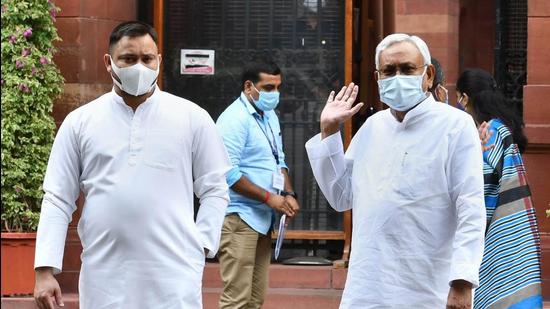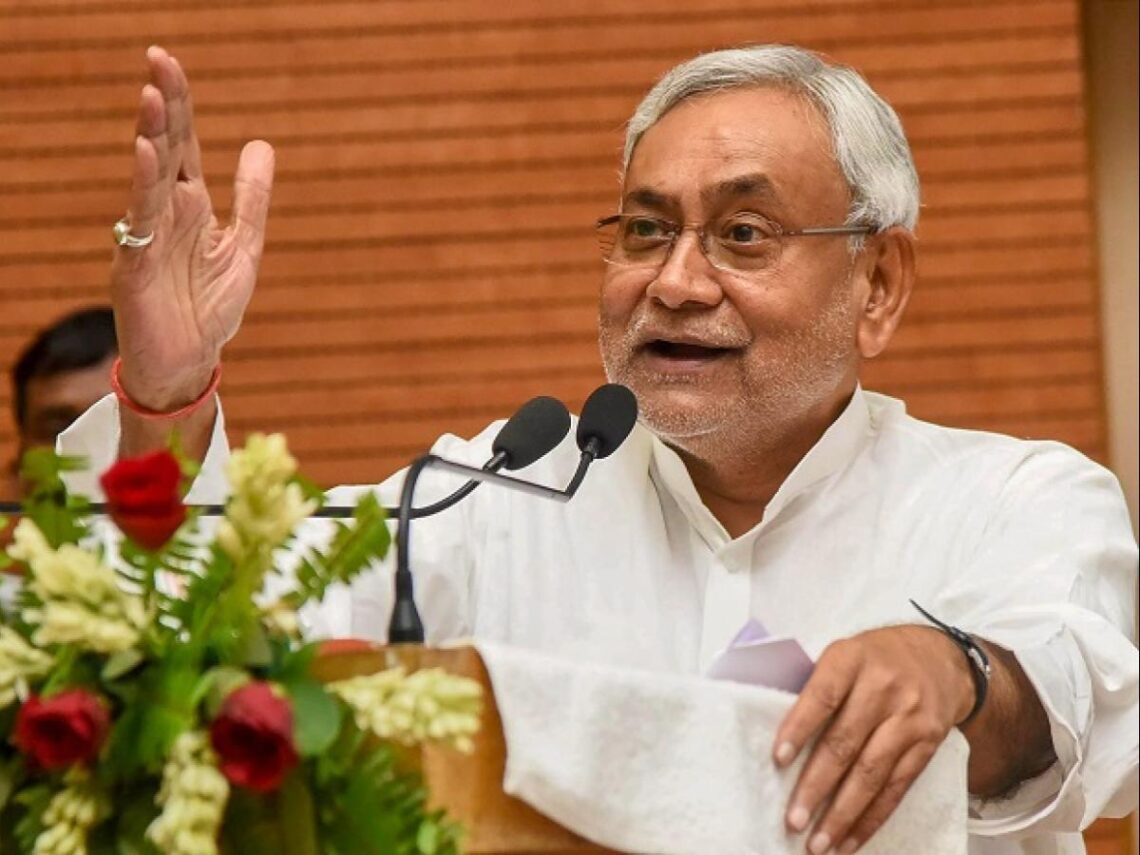Since time immemorial, Bihar has found mention in the centre of every discussion in some way or the other. Whether it is spirituality, education, early-medieval rule, pre-independence politics, or post-independence politics. From Emperor Ashoka to Chandragupta, Chanakya, Samudragupta, Lord Mahavir, Lord Buddha, and Guru Gobind Singh have all been, in some form or the other, supplements to Bihar’s heritage around the world.
The contribution of Bihar to the freedom movement also cannot be denied. It can be said that Bihar was an important and early part of India’s struggle for independence. It was only after the Champaran Satyagraha that Gandhi became a major leader, which he initiated at the repeated requests of local leader Raj Kumar Shukla.
In this movement, he got the support of great personalities like Dr Rajendra Prasad, Acharya Kripalani, Anugrah Narayan Singh and Brajkishore Prasad. Bihar has also been the land of great social reformers like Yadunandan Prasad Mehta, Babu Jagdeo Prasad, Ramswaroop Verma and communist leaders like Jagdish Mahato.

Despite such a glorious history, the state finds itself neglected, with unemployment rates at an all-time high, leading to its people looking for work in every corner of the country. And among the melee of reasons, the indolence in the working methods of the governments can be claimed as the primary reason.
No government ever accepts this, however, and would rather have the previous governments shoulder the blame. But if we spare a moment to look at post-independence history, we will find that the politicians who got the opportunity to rule here always put the development of self before any other cause.
Since independence, the traces of a concrete plan at the government level to prevent crime and further employment remains unfound. As a result, crime, and criminals have kept increasing, leading to a reluctance to set up any business ventures here. The liquor ban in Bihar has only worsened the economy, due to which the government is losing revenue worth crores.
Reports do state that crime rates have indeed decreased since the liquor ban, but the question as to how the government plans to compensate the revenue deficit deserves merit. Prohibition is indeed the right remedy to cure the spoils, but to compensate for its economic loss, has the government thought of any solution?
The latest headache to the state is here. As soon as the talk of a census started, Chief Minister Nitish Kumar issued a statement that said the census should be done on the basis of caste. It was fully supported by 11 parties of Bihar. Later, a letter to the Prime Minister’s office asked for time to consider the matter. In the meeting held with the Prime Minister recently, Chief Minister Nitish Kumar, along with the leader of the opposition party Tejashwi Yadav and leaders of other parties participated. All the leaders said that the Prime Minister has assured them that he will look into it.

It is to be known that the question of caste census is once again roaming in the political corridors. The demand for a caste-based census is also rising from several parties in the opposition, as well as from the NDA camp. Such is the pulse of caste-based politics, without which statesmanship cannot move even a step in Bihar.
Then what is it that 90 years old caste census is still prevailing in the country? With everyone unabashedly indulging in caste-based politics, why the hesitation in conducting a caste census? Why is this demand gaining momentum this time? What does the central government intend?
Nitish Kumar has started a new political debate in Bihar as well as in the country by raising the demand for a caste census. Earlier, JDU MPs met Home Minister Amit Shah regarding the demand for a caste-based census. JDU is in league with its opposition party RJD in this matter. In fact, the proposal to conduct a caste-based census from the Bihar Legislature passed unanimously, twice, and was sent to the Central Government. However, the centre decided to not favour it yet.
Nitish Kumar says that this is the need of the hour and the Center should not delay it. He has raised the demand for caste census at a time when opposition activities are intensifying against the BJP and the Modi government at the Centre. Nitish could not do anything despite having a different opinion from the BJP on many issues like Ram Mandir, CAA, Article 370.
But, he perceives the caste census as a bigger target to put pressure on the BJP. Even though there is talk of finding out the real status of the backward castes from this census and linking them with government schemes, it might be mere words, something the people of Bihar have grown accustomed to. Looking at the political situation in Bihar, JDU is also afraid of falling behind the RJD, because the RJD, a champion of the backward castes, has been vocal on the issue from the beginning.

The Chief Minister may have tried to make a mark among the most backward populace, but the BJP has also kept an eye on this. OBC dominance in politics has increased in the last two decades. The RJD’s influence among the OBCs in Bihar has been substantial, so it is also a political compulsion for Nitish to raise the demand for a caste census. RJD leader Tejashwi Yadav says that if the central government does not conduct the caste census, then the Bihar government can conduct this census at its own expense on the lines of the Karnataka model. JDU is in lieu of RJD on this.
In fact, in the year 2015, the ‘Socio-Economic and Education Survey‘ was conducted by the Congress government led by Siddaramaiah, which was named as the caste census in the political corridors. Recently, on a question in the Lok Sabha, Union Minister of State for Home Nityanand Rai had said that in the 2021 census, only the Scheduled Castes and Scheduled Tribes will be counted and not the caste census.

It is common knowledge that the political shenanigans of the BJP rest heavily on the issue of Hindutva. If its vote bank gets divided in the name of caste, then the influence of local parties doing caste politics will increase and BJP may suffer.
The last caste census in the country, conducted 90 years ago in the year 1931, was a necessary one. At the time, Pakistan and Bangladesh were also part of India. At that time the population of the country was about 30 crores.
Till now, people of which castes are there in the country has been estimated on the same basis. In 1951, the then Home Minister Sardar Vallabhbhai Patel rejected the proposal for a caste census, stating that it could disturb the social fabric of the country.
About 10 years ago, the political debate about caste census intensified, even today the same issue finds itself repeated. Now it has to be seen that this time Bihar Chief Minister Nitish Kumar has raised this issue and is leading, how far he succeeds in this.
Also Read: Sports emerging as the Future of Start-ups












